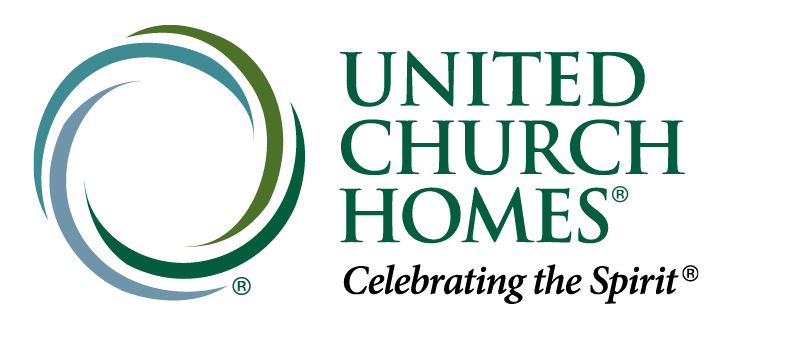Highlights from this week’s conversation include:
- The looming crisis in long term care affordability (0:07)
- Inspiration behind founding HCG Secure (1:01)
- Challenges of traditional long-term care insurance (3:25)
- The impact of long-term care costs on middle-income families (4:51)
- Public and private sector responses to the long-term care crisis (10:33)
- Failings of traditional long-term care insurance (13:34)
- HCG Secure’s approach and solutions (16:10)
- Affordability and accessibility of HCG Secure’s products (20:52)
- Motivation for taking action (23:45)
- Innovation from big players in the space (27:00)
- Tom’s personal growth with aging (28:04)
- Passion and energy in problem-solving (00:29:29)
- Inspiration from aging heroes (31:02)
Abundant Aging is a podcast series presented by United Church Homes. These shows offer ideas, information, and inspiration on how to improve our lives as we grow older. To learn more and to subscribe to the show, visit abundantagingpodcast.com.

